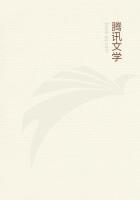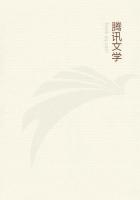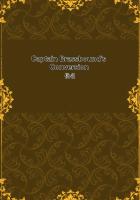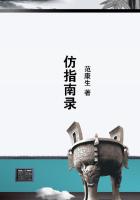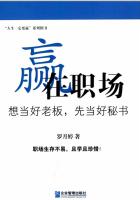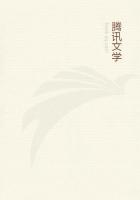That confidence is not inconsistent with caution The opinion of the philosophers, perhaps, seems to some to be a paradox; but still let us examine as well as we can, if it is true that it is possible to do everything both with caution and with confidence. For caution seems to be in a manner contrary to confidence, and contraries are in no way consistent. That which seems to many to be a paradox in the matter under consideration in my opinion is of this kind: if we asserted that we ought to employ caution and in the same things, men might justly accuse us of bringing together things which cannot be united. But now where is the difficulty in what is said? for if these things are true, which have been often said and often proved, that the nature of good is in the use of appearances, and the nature of evil likewise, and that things independent of our will do not admit either the nature of evil nor of good, what paradox do the philosophers assert if they say that where things are not dependent on the will, there you should employ confidence, but where they are dependent on the will, there you should employ caution? For if the bad consists in a bad exercise of the will, caution ought only to be used where things are dependent on the will. But if things independent of the will and not in our power are nothing to us, with respect to these we must employ confidence; and thus we shall both be cautious and confident, and indeed confident because of our caution. For by employing caution toward things which are really bad, it will result that we shall have confidence with respect to things which are not so.
We are then in the condition of deer; when they flee from the huntsmen's feathers in fright, whither do they turn and in what do they seek refuge as safe? They turn to the nets, and thus they perish by confounding things which are objects of fear with things that they ought not to fear. Thus we also act: in what cases do we fear? In things which are independent of the will. In what cases, on the contrary, do we behave with confidence, as if there were no danger? In things dependent on the will. To be deceived then, or to act rashly, or shamelessly or with base desire to seek something, does not concern us at all, if we only hit the mark in things which are independent of our will. But where there is death, or exile or pain or infamy, there we attempt or examine to run away, there we are struck with terror.
Therefore, as we may expect it to happen with those who err in the greatest matters, we convert natural confidence into audacity, desperation, rashness, shamelessness; and we convert natural caution and modesty into cowardice and meanness, which are full of fear and confusion. For if a man should transfer caution to those things in which the will may be exercised and the acts of the will, he will immediately, by willing to be cautious, have also the power of avoiding what he chooses: but if he transfer it to the things which are not in his power and will, and attempt to avoid the things which are in the power of others, he will of necessity fear, he will be unstable, he will be disturbed. For death or pain is not formidable, but the fear of pain or death. For this reason we commend the poet who said Not death is evil, but a shameful death. Confidence then ought to be employed against death, and caution against the fear of death. But now we do the contrary, and employ against death the attempt to escape; and to our opinion about it we employ carelessness, rashness and indifference. These things Socrates properly used to call "tragic masks"; for as to children masks appear terrible and fearful from inexperience, we also are affected in like manner by events for no other reason than children are by masks. For what is a child? Ignorance. What is a child? Want of knowledge. For when a child knows these things, he is in no way inferior to us. What is death?
A "tragic mask." Turn it and examine it. See, it does not bite. The poor body must be separated from the spirit either now or later, as it was separated from it before. Why, then, are you troubled, if it be separated now? for if it is not separated now, it will be separated afterward. Why?
That the period of the universe may be completed, for it has need of the present, and of the future, and of the past. What is pain? A mask. Turn it and examine it. The poor flesh is moved roughly, then, on the contrary, smoothly.

